With the mission of cultivating a dynamic, responsible, and action-oriented young generation for sustainable development, on the afternoon of May 22, 2025, the UEH Green Campus Project organized the workshop “Green Skills to 17 SDGs Impact – Co-Creation: What Can Students Do to Contribute to SDG 11, SDG 13?” in partnership with the ACI Youth Leadership Summit. The event was a resounding success, providing an open and inspiring academic environment where students were not only equipped with green knowledge and skills aligned with the Sustainable Development Goals (SDGs), but also had the opportunity to connect, exchange ideas, and jointly propose solutions to global challenges.
Anticipating the global trend toward sustainable development, and in its capacity as Vice Chair SDG 11 within the United Nations Academic Impact network, University of Economics Ho Chi Minh City has continuously expanded spaces for learning and knowledge sharing, promoting activities that help students enhance green skills to meet the demands of a global workforce. Continuing this meaningful journey, on May 22, the UEH Green Campus Project, in collaboration with ACI Youth Leadership (ACIYLS), hosted the Workshop “Green Skills to 17 SDGs Impact – Co-Creation: What Can Students Do to Contribute to SDG 11, SDG 13?”. This event is part of the UNI-TOUR 2025 series under the ASEAN – CHINA – INDIA Youth Leader Summit 2025, aiming to build an international exchange platform for students.
Equipping the Young Generation with Green Skills through the Workshop “Green Skills to 17 SDGs Impact – Co-Creation: What Can Students Do to Contribute to SDG 11, SDG 13?”
Guided by MSc. Le Thi Hanh An – Deputy Head of Department of Communications and Partnerships, Project Manager of UEH Green Campus, the workshop became a space for connection and knowledge dissemination, nurturing a spirit of readiness for sustainable action. Participating students gained profound insights into green skills – essential competencies for individuals and organizations in the context of global transformation – thereby raising their awareness of environmental issues, fostering systems thinking, and honing problem-solving skills based on multidisciplinary and cross-sectoral knowledge.

Panoramic view of the workshop
Through the sharing of MSc. Le Thi Hanh An, students explored key groups of green skills relevant to today’s context:
- Clean technology and energy transition skills: Mastery of renewable energy technologies, effective energy management, resource optimization, and application of IoT and AI in monitoring and emission reduction;
- Sustainable resource and nature management skills: Water, land, and biodiversity management, recycling cycles, and circular economy practices;
- Environmental risk assessment and management skills: Understanding environmental impact assessments, risk analysis, and planning for climate change adaptation;
- Sustainable thinking and innovation skills: Systems thinking, solution design based on sustainability principles, green leadership, and inspirational transformation;
- Sustainable consumption and production skills: Deep understanding of product life cycles, responsible consumption practices, and development of green supply chains.

MSc. Le Thi Hanh An sharing on the topic “Green Skills to 17 SDGs Impact,” emphasizing the role of green skills as a bridge between knowledge and action for sustainable development
On this occasion, students also had the opportunity to engage with the Co-Creation Model at UEH – a learner-centered model for developing and implementing sustainable solutions through collaboration among faculty, students, businesses, local authorities, and the community. With the spirit “At UEH, students are not only learners but also solution creators,” the UEH Green Campus Project and its stakeholders have actively contributed to realizing the 17 Sustainable Development Goals (SDGs), particularly SDG 11: Sustainable Cities and Communities and SDG 13: Climate Action, through practical activities at UEH and in the wider community.



Vibrant space for exchange and discussion between speakers and students at the workshop
During the workshop, MSc. Le Thi Hanh An stressed that every idea in the co-creation model holds intrinsic value and should be nurtured to develop into practical solutions. Therefore, equipping students with green skills is about building a bridge between knowledge and real-world action, empowering students to contribute to the achievement of the Sustainable Development Goals.
Accompanying the Young Generation in Academic Exchange and International Connectivity
The workshop provided students with opportunities for international exchange and networking through the ASEAN – CHINA – INDIA Youth Leader Summit 2025 (ACIYLS), contributing solutions to address real-world issues associated with sustainability. Drawing from his own experience, Huynh Duy Thong – Runner-up of ACIYLS 2024 – proudly shared and conveyed valuable lessons from his journey to the award.

Huynh Duy Thong – Runner-up of the ASEAN – CHINA – INDIA Youth Leader Summit 2024, sharing participation experiences at the workshop
|
ACIYLS 2025 is an international competition spanning over 12 countries, targeting students aged 18 to 25 to develop young leadership capacity, promote entrepreneurial spirit, foster multicultural understanding, and encourage commitment to sustainable development. Building on the success of the previous season, the competition returns with the theme “Cultivating Climate and Positive Cities,” encouraging the young generation to co-create innovative solutions to global challenges in urbanization and the environment. The journey to discover outstanding young leaders in Vietnam will officially commence from May 2025 to August 2025, with the national round organized by M Holdings Communication – the strategic consulting and exclusive organizing unit of ACIYLS in Vietnam. From the applications in the national qualifying round, outstanding teams will advance to the finals and compete to become one of 120 exemplary young leaders in the region, participating in a six-day series of activities in Singapore. |
The workshop concluded in an enthusiastic and inspiring atmosphere, leaving a profound mark on students’ awareness and actions while opening up numerous opportunities for connection between the university and stakeholders. This is a vital catalyst for promoting the innovation ecosystem associated with sustainable development at UEH – where students hold a central role and are the pioneering force in advancing sustainable development goals.
News, photos: UEH Green Campus Project






